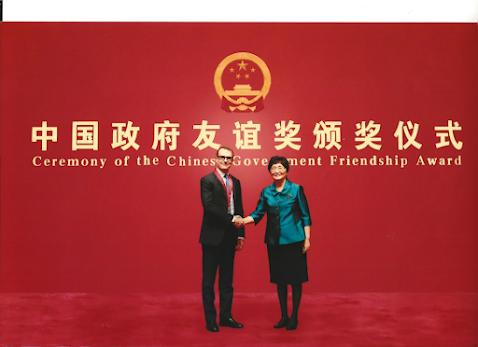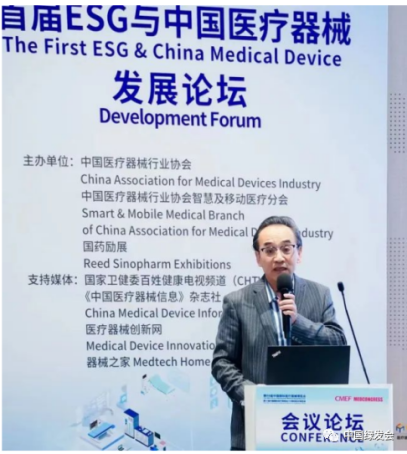Global Plastic Pollution Governance Negotiations from China's Perspective | CBCGDF OceanWetlands Reports
The fifth session of the Intergovernmental Negotiating Committee to develop an international legally binding instrument on plastic pollution, including in the marine environment (INC-5), is scheduled to take place from 25 November to 1 December 2024 at the Busan Exhibition and Convention Center in Busan, Republic of Korea.
As the global plastic pollution problem intensifies, the international community has stepped up its response efforts. The Intergovernmental Negotiating Committee (INC) has become a key platform for formulating a legal framework for global plastic pollution governance. As a major producer and consumer of plastics, China's position has attracted much attention and has also played an important role in the global governance process. China adheres to the principle of common but differentiated responsibilities (CBDR) in the INC negotiations and advocates that developed countries should assume more responsibilities, especially in terms of financial support and technology transfer. China believes that developing countries are in the industrialization stage, and plastics are important materials for economic development and improvement of people's livelihood, which are difficult to completely replace in the short term. Developed countries should provide funds and technology to help developing countries improve their plastic waste treatment capabilities.
Plastic is not the same as plastic pollution
Plastic is not the same as plastic pollution. Plastic plays an indispensable role in modern economy and life. Plastic is an efficient, lightweight, durable and economical material that is widely used in many industries, especially in medical, packaging, construction and other fields.
Therefore, the focus of pollution control should be on how to reduce the unreasonable use of plastics and increase the recycling rate, rather than completely denying the economic value of plastics. The international community should reasonably assess its economic contribution while controlling pollution, and avoid simply equating plastics with pollution sources.
Promoting international cooperation and technology sharing
International cooperation and technology sharing are very important. Plastic pollution is a global problem, especially the cross-border flow of marine plastic waste, which makes it difficult for any single country to deal with it alone. We call on developed countries to strengthen technical and financial assistance (FTA) to developing countries, help them establish a sound waste management system, and promote the research and development of plastic recycling and alternative materials.
Balancing economic development and environmental protection
The plastic industry occupies an important position in the national economy, and plastic pollution control cannot be "one size fits all". In particular, developing countries should be given flexible policy space and a reasonable transition period to ensure that economic development is not impacted. A reasonable timetable should be adopted to gradually restrict the use of plastics, promote the application of alternative solutions, and ensure that economic development is not impacted.
Conclusion
To advocate the principle of "common but differentiated responsibilities", emphasize the contribution of plastics to the economy, and promote international cooperation and technological innovation. Through global cooperation, we are committed to solving the problem of plastic pollution and achieving a balance between environmental protection and economic development.
(Note: This article only represents information for readers' reference and does not represent the platform's views.)
Original article:https://mp.weixin.qq.com/s/EV9-c8pSIDYbn7TMtmtZjA
Translator: Daisy
Checked by Sara
Editor: Daisy
Contact: v10@cbcgdf.org; +8617319454776
Do you know? We rely on crowdfunding and donations. You have the opportunity to help an international movement to advance biodiversity conservation. Donate TODAY to power up the movement to make it a better world for all life.
Donation(501C3)Paypal: intl@wbag.org
https://www.paypal.com/donate?hosted_button_id=2EYYJJZ8CGPLE






Comments
Post a Comment